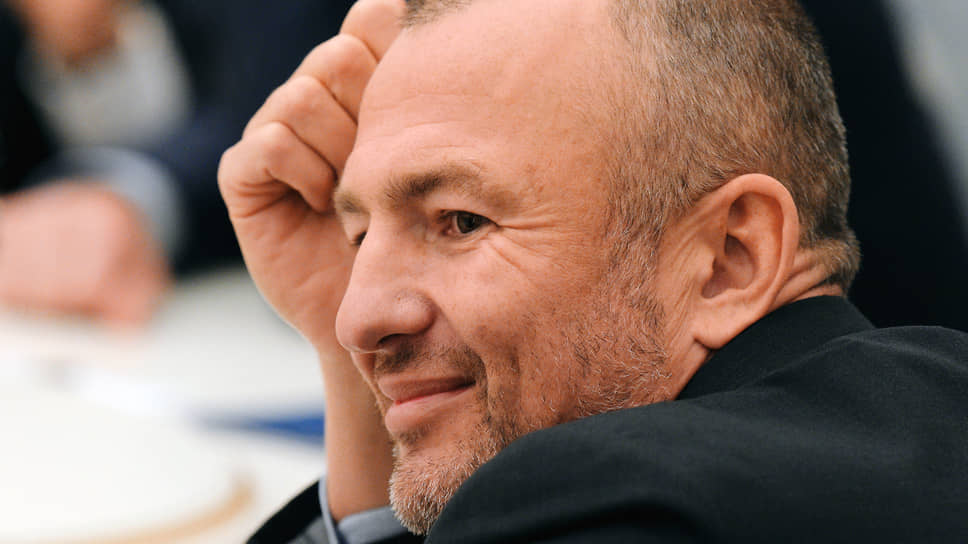Why is participation in the Dubai session of COP28 more important for Russia than the expected result?
[ad_1]
The next session of the UN climate negotiations (COP28) opens on Thursday in Dubai (UAE). Key issues of the conference: summing up the implementation of the Paris Agreement, adopting a new global goal for adaptation to climate change, launching a financial mechanism to compensate for climate losses in developing countries. The most important issues of the conference for Russia are maintaining cooperation on climate issues (primarily with countries of the Global South) and resisting attempts to include recommendations on the abandonment of fossil fuels in the conference decision.
The two-week COP28 conference is expected to attract up to 70 thousand delegates, observers and journalists, which will be a record for UN climate summits. After the pandemic (one of the climate summits was even canceled because of it), the outbreak of military conflicts in Ukraine and Israel, the climate agenda seemed to fade into the background – this, however, did not happen.
According to the latest UN data, so far, countries’ pledged targets to reduce greenhouse gas emissions put the world on track to increase global temperatures by 2.5-2.9°C, with the Paris Agreement target of 2°C increase and its target of 1.5°C . However, since the adoption of the agreement in 2015, some progress has been achieved – at that time it was assumed that global greenhouse gas emissions would increase by 16% by 2030, but now the expected growth is only 3% (to limit the temperature increase to two degrees emission reduction required by 28% by 2030). Compared to 2019, we can already talk about a reduction in emissions (preliminarily by 2%), which, according to the UN, means that the peak of global emissions has passed in this decade.
Another problem identified by the UN is the discrepancy between countries’ energy development plans and their climate statements. Thus, their combined plans involve an increase in coal production until 2030 and an increase in oil and gas production until at least 2050 (by this date, we recall, based on the goals of the Paris climate agreement, the world must achieve carbon neutrality). In 2030, countries are on track to produce more than double the amount of fossil fuel needed to limit a 1.5 degree rise in global temperatures.
That is why the themes of phasing out fossil fuels, accelerating the development of renewable energy and transforming economies towards low-carbon development will be key for COP28. Russia, however, may resist this, experts believe. “An extremely important issue for the Russian Federation is opposition to attempts to include the abandonment of fossil fuels in the conference decision, as well as the position of “technological neutrality,” which says that no one has the right to dictate to the Russian Federation how to achieve carbon neutrality (this refers primarily to plans development of nuclear and hydropower, as well as, for example, increasing the use of natural gas, including in transport,” says Vasily Yablokov, climate expert at the Coalition for Sustainable Development of the Country. It is noteworthy that in the document officially submitted to the UN, the Russian Federation directly speaks about its plans Oppose any language or outcome of negotiations that in any way discriminates against or calls for a phase-out of any energy source or fossil fuel.
However, it will be important for Russia, in principle, to show that the country is ready to participate in dialogue on climate issues and develop cooperation programs with countries of the Global South, which Russia calls on to unite to create a “sovereign” agenda. “The most important thing for Russia today is not any specific result of the summit, but the very fact of participation in it – it is necessary to show that Russia has not dropped out of the climate agenda, that we are participating in collective actions to mitigate climate change, but at the same time we have we have our own vision of this whole situation, our own national interests and development priorities and our own, sovereign path from which you cannot lead us astray,” says Mikhail Yulkin, an expert at the International Center for Sustainable Energy Development under the auspices of UNESCO, and director of Carbonlab.
It should be noted that the Russian pavilion will operate at COP28 – the last time it was organized at the climate negotiations in Glasgow in the fall of 2021. The Ukrainian Climate Network, which brings together organizations working on the climate agenda, has already expressed protest in connection with such an active participation of the Russian Federation in the negotiations, calling on the parties to the agreement to deprive the Russian Federation of its status as a party to the UN Framework Convention on Climate Change until the end of hostilities and compensation for damage.
[ad_2]
Source link







